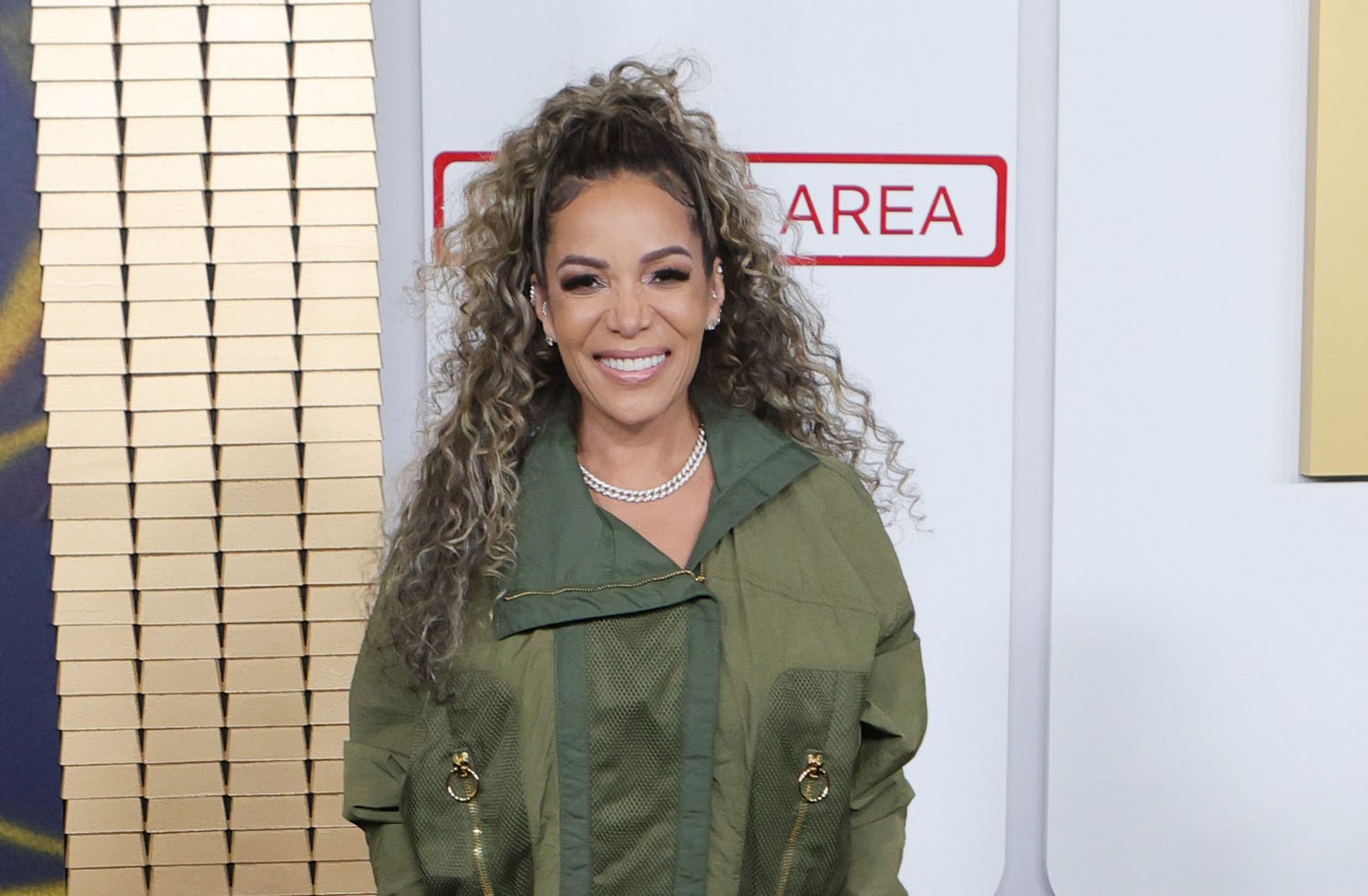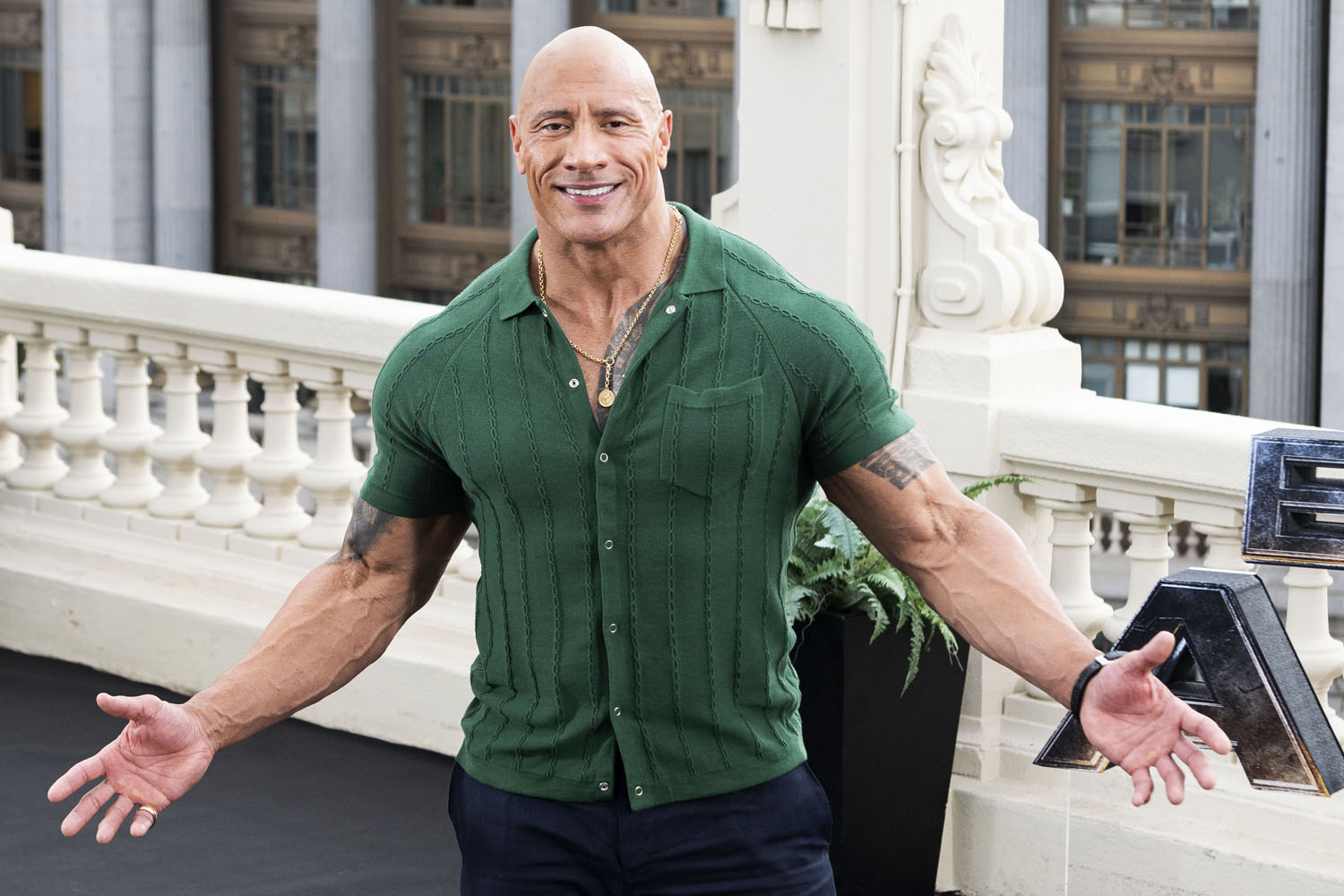Sunny Hostin's hair equality



Sunny Hostin recently reflected on her decision to start rocking her natural hair on The View. During Tuesday’s episode of the Behind The Table podcast with the show’s executive producer, Brian Teta, a viewer called in to chat with Sunny about her hair.
“I have a question for Sunny. I have loved you on the show since you started, and I think one of the most striking differences that I noticed is the way that you look,” the caller said. “Your hair is different and beautiful, and you've kinda switched from more of a traditional business casual to what I would describe as just wow.”
The caller went on to explain that she is a 25-year-old Black woman that’s only just begun embracing her curly hair, acknowledging how much more work it can be to maintain, and then finally asking Sunny the golden question:
“What inspired you to make this change?”
Of course, Sunny was graceful and she thanked the viewer for both asking and noticing this change. She explained that early on in her career as a lawyer, wearing hair in its natural, unaltered state was frowned upon. Well, for her and others like her, anyway. She described wearing her hair in a slicked back ponytail for years to avoid being misjudged.
Then she described a pivotal moment, one I’ve written about before, which is the crucial moment someone with naturally curly hair decides to straighten their hair, making way for a flood of compliments and an improvement to how we’re received by society that essentially serves as some sort of reward for us aligning more closely with Eurocentric beauty standards.
“When I started doing television, there was one day where a stylist convinced me to blow out my hair, which is very damaging for women that have naturally curly hair,” she said. “And so I did that, and, I got a call from an executive at CNN, and that person said, this is your look. You look so professional. And I literally just thought that I had to look a certain way to make it.”
While what Sunny has revealed in her answer is likely an experience that most people with naturally curly hair can sympathize with or relate to – I certainly can - the actual question itself is the perfect example of how flawed and problematic our perception of natural hair really is. Let’s break it down.
First, the caller points out that she’s been watching Sunny on the show since she began hosting in 2016 - so that’s about eight years of her being on the show. And she says that one of the most striking differences she’s noticed is Sunny’s appearance. Then she goes on to say that Sunny’s hair is “different”, though still beautiful. Then, she points out that her wearing her curly hair has meant a departure from “business casual”.
I think the irony of all of this is that it’s coming from a 25-year-old Black woman who is now wearing her natural hair. So by all measures, I would assume this is someone who probably has a pretty thorough understanding of being “othered” due to the texture of their hair and having things be about their appearance when there is so much to them beyond that.
Even still, though, she says that one of the most striking differences in Sunny over the course of eight years has been her appearance. How should one take that? Personally, I wouldn’t know how to feel if the most significant thing you notice about me over a near decade of discussing and debating everything from climate change to reproductive rights is that I changed my hair.
Then when the caller says Sunny’s hair is different – you have to ask, different from whose? This is a perfect example of how, despite having the purest of intentions, you can still other someone. Are we sure it's not their hair that’s different? Why is Sunny the other here?
And finally, when she says Sunny has made a departure from being “traditional business casual”, I suppose the question is, what is Sunny’s hair now, then? Is it not business casual? Is her natural hair not professional?
To be clear, I’m not blaming the viewer for asking the question she did, or for acknowledging the fact that straight hair is perceived as more “business casual” or “professional”. Sunny’s already made that clear, the CNN exec has made that clear, and the damn hairstylist that suggested the blowout in the first place definitely made that clear. But what I am trying to do is point out how deeply engrained the association of curly, natural hair is with anything other than work-appropriate hair – even among people of colour. And to point out that while this conversation is entirely unnecessary, it is still, for so many, a crucial dialogue to have.
It's no secret that for Black women, hair is such a crucial part of our identity. Lainey recently wrote a piece about this in the context of Beyonce’s new haircare line and her rare share of her own personal haircare routine. But seeing this particular discourse take place, and the emphasis that even the caller, a young Black woman herself, placed on archaic ideas of what it means to be and look “professional” makes me think that perhaps it's time to reconsider how closely intertwined our hair is with our identity.
But sadly, we don’t have that luxury. We cannot untie ourselves from the deep entrenching that our hair has in our overall identity. Because in order for that to be possible, we’d have to live in a society that stands ready to provide equal treatment and opportunity to job candidates regardless of whether one has bone straight hair and the other has got a curly mane or an afro. We’d have to live in a society where hairstylists have been thoroughly educated and trained on how to care for and style hair that looks like Sunny’s. And we’d have to live in a society where a change in hairstyle doesn’t warrant a phone call from a higher up either praising or denouncing your appearance that day, or even worse, being sent home over it.
It's a bit sad, but relatable, that only at the age of 25 is the caller able to start embracing her natural hair. And it’s unfortunate that the hairstylist working on Sunny’s hair that day opted for a harmful hairstyle over simply working with her natural hair texture. And while things are improving, considering there’s a wider range of hairstyles in hair product commercials, and even a wider variety of hair products made specifically for ethnic hair, we still have a really long way to go in achieving hair equality.
